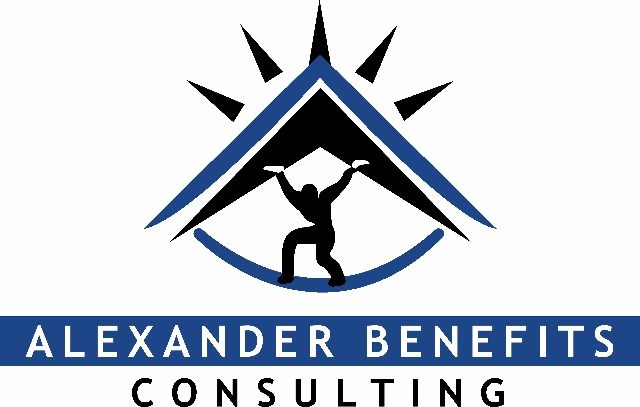Sep 8 2014 | Keith Hoffman
According to National Geographic News, June 24, 2005, the odds of being struck by lightning in the U.S. in any given year are one in 700,000. The odds of being struck in your lifetime are one in 3,000. Do you like those odds? Are you telling yourself, “This won’t happen to me”? Think again.
Lightning detection systems in the U.S. monitor an average of 25 million cloud-to-ground lightning strikes during some 100,000 thunderstorms every year. Earth as a whole is struck by more than 100 lightning bolts every second. Lightning can kill people (3,696 deaths recorded in the U.S. between 1959 and 2003) or cause cardiac arrest. About 10 percent of lightning-strike victims are killed, and 70 percent suffer serious long-term effects ranging from severe burns and permanent brain damage to memory loss and personality change. Only about 400 people survive lightning strikes in the U.S. each year.
I’m telling you this because last week my neighbor’s kid was struck by a rogue lightning bolt from a storm cell over three miles away. It was his first day of soccer practice for the new season. Parents, coaches and players were all on the same field, and why it hit this kid, we’ll never know. His condition is still unclear, but it has definitely affected the community and region where I live.
It may not happen directly to you, but you’ll be indirectly affected. Just like with Facebook, LinkedIn and other social media sites, when there’s news from a friend or connection, you’ll hear about it.
The same is true for disabilities. According to the Social Security Administration Fact Sheet, March 2011, your odds of becoming disabled are three times greater than dying before age 65. One in four workers entering the workforce today will become disabled before retirement. If you think it won’t happen to you, think again. And if you’re one of the lucky ones, you can be sure that you’ll know someone who’s disabled. There’s no manual on what to do for someone — no rulebook, no right or wrong. But this much is clear: If you can be prepared and have the means to do something about it, then do it.
Get a disability policy on yourself, and talk about income protection with a sense of significance. You could be the last person, the last influence on your client before the unthinkable, unbelievable and even unimaginable happens to your client, you or someone close to you.
